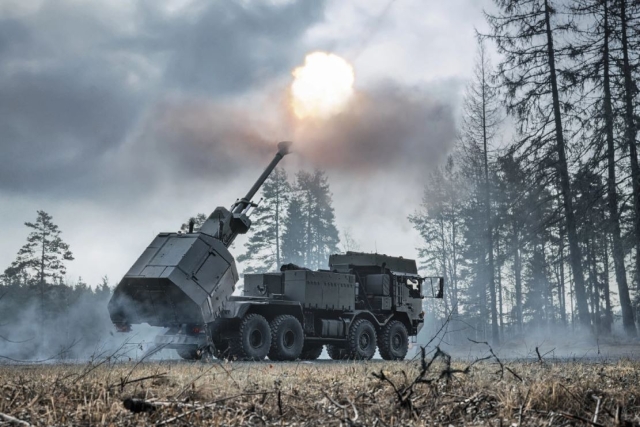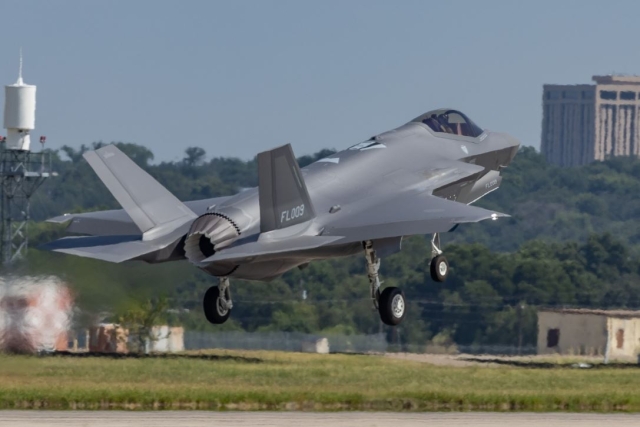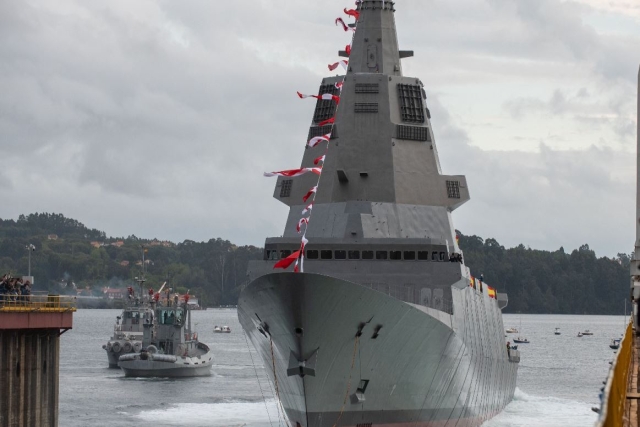Search Results
-
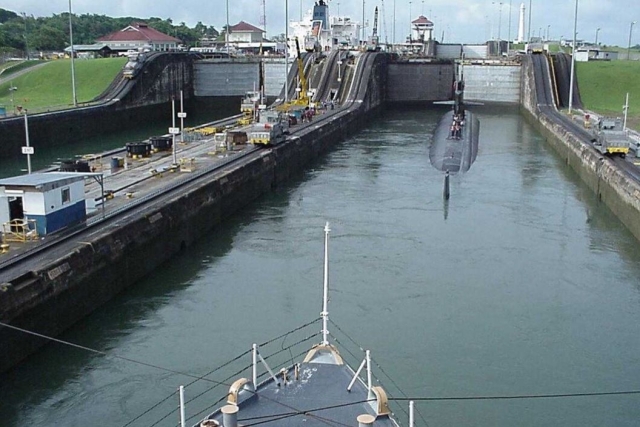
U.S. Moves to Block China from Panama Canal with New Military Pact...
April 10, 2025 @ 04:27 AMThe United States and Panama have announced a broadened security partnership aimed at protecting the Panama Canal from what Washington describes as growing Chinese influence in the region. Defense Secretary Pete Hegseth made the
-
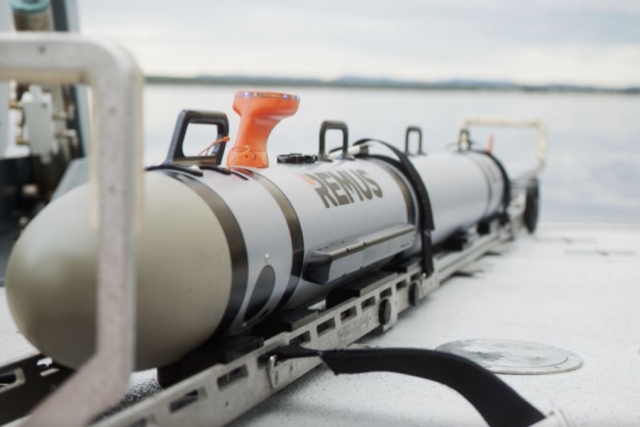
U.S. Navy Receives First Lionfish Uncrewed Undersea Vehicles
April 9, 2025 @ 11:04 AMHuntington Ingalls Industries (HII) has delivered the first two Lionfish small uncrewed undersea vehicles (SUUVs) to the U.S
-

S.Korea’s Hanwha Inks $280M Deal to Supply Krab Howitzer Components to Poland...
April 9, 2025 @ 06:33 AMSouth Koreas Hanwha Aerospace has signed a contract worth approximately
-
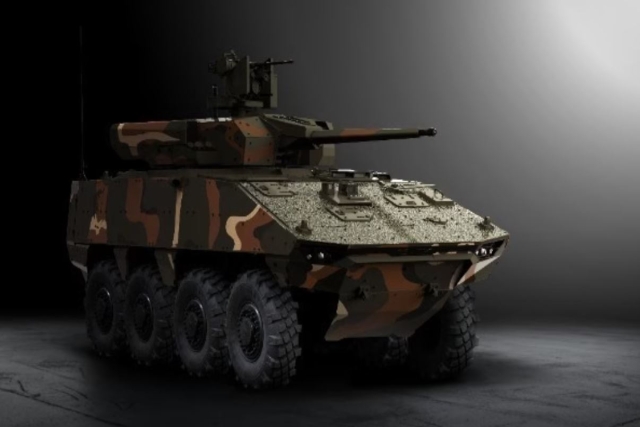
Greece, France Seal Deal to Build New 8×8 Armoured Vehicle PHILOCTETES
April 8, 2025 @ 06:11 AMGreek defence manufacturer METLEN Energy & Metals has signed an exclusive partnership with KNDS France to produce the VBCI PHILOCTETES, Frances latest generation 8×8 Infantry Fighting Vehicle (IFV). This is the first time KNDS France has entered into such an agreement abroad for its 8×8 armoured platform
-
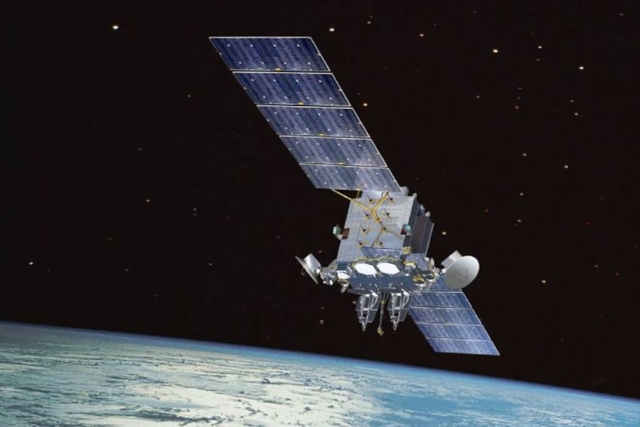
South Korea's Micro-Satellite System Cleared for Launch as Key Piece in Military...
April 7, 2025 @ 06:38 AMSouth Koreas Defense Acquisition Program Administration (DAPA), in partnership with the Korea Aerospace Research Institute (KARI) and the Korea Coast Guard, concluded a three-day review in Busan
-
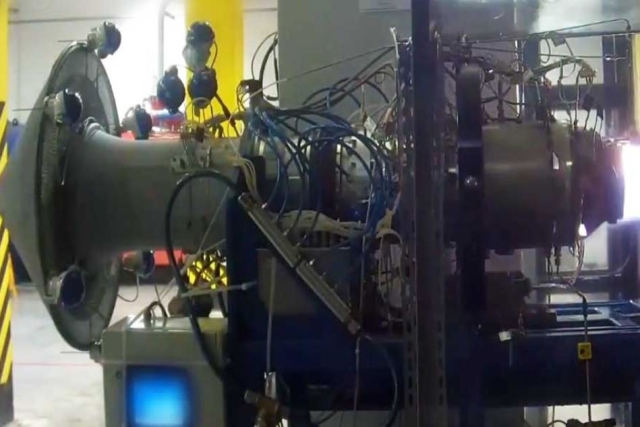
Turkish Firm, Kale Signs Contract with Brazilian SIATT to Export Missile Engine
April 5, 2025 @ 05:25 AMTurkish company Kale Jet Engines has signed a contract with Brazilian defense firm SIATT to supply its KTJ-3200 turbojet engine for integration into the MANSUP-ER anti-ship missile. The agreement, announced during the LAAD Defense and Security Fair in Brazil, marks Turkeys first-ever military jet engine export and signals a growing partnership between Ankara and Brasilia in missile technology
-
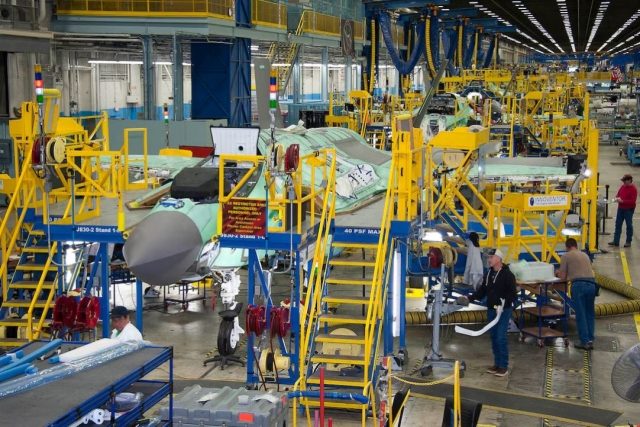
Trump Tariffs Could Impact F-35 Global Supply Chain, Other Defense Projects
April 4, 2025 @ 11:40 AMU.S
-
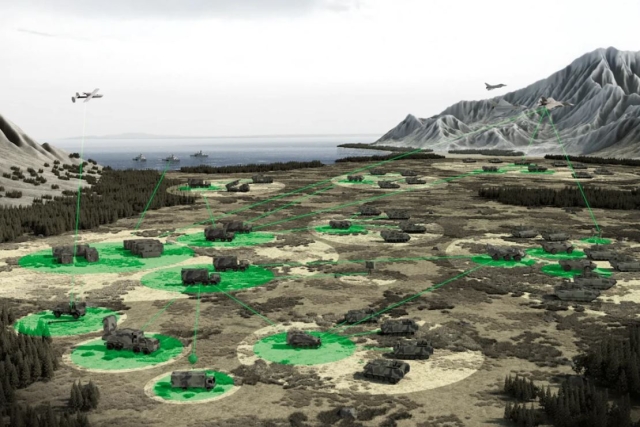
HENSOLDT Expands Partnership with Czech Armed Forces on Artillery Command System
April 2, 2025 @ 06:49 AMHENSOLDT has extended its cooperation with the Czech Armed Forces by equipping additional combat vehicles with the TARANIS ADLER command, control, coordination, and communication system. The
-
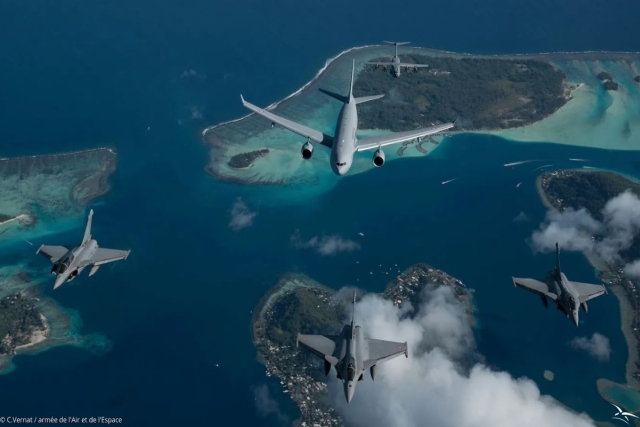
Poland Explores Airbus A400M, A330 for Enhanced Transport and Refueling Capabilities
April 1, 2025 @ 07:57 AMPoland's Deputy Prime Minister Władysław Kosiniak-Kamysz met with Airbus President Guillaume Faury on March 31 to discuss acquiring transport aircraft and aerial refueling platforms to enhance national defense. Kosiniak-Kamysz emphasized the critical importance of Airbus as a reliable partner in advancing Polands military capabilities
-

Sweden Announces $2.9B Arms Aid for Ukraine in 2025, its Biggest Ever
April 1, 2025 @ 07:14 AMSweden has unveiled its largest-ever military support package to Ukraine, valued at nearly SEK 16 billion taking the total for 2025 to SEK 29.5 billion ($2

